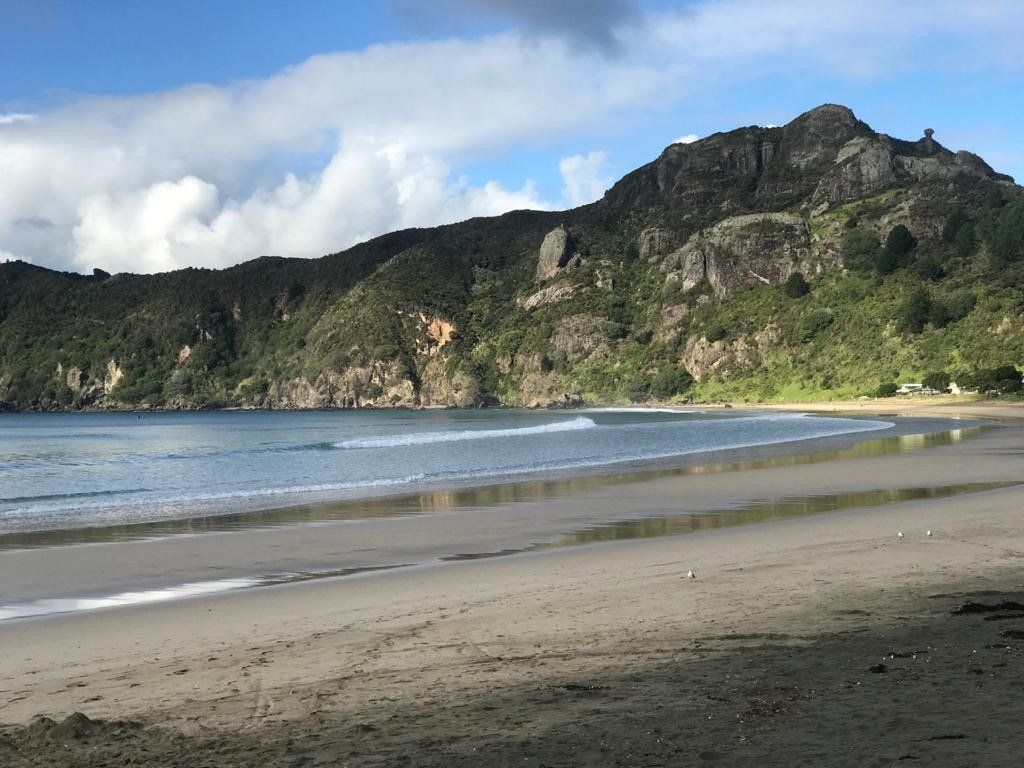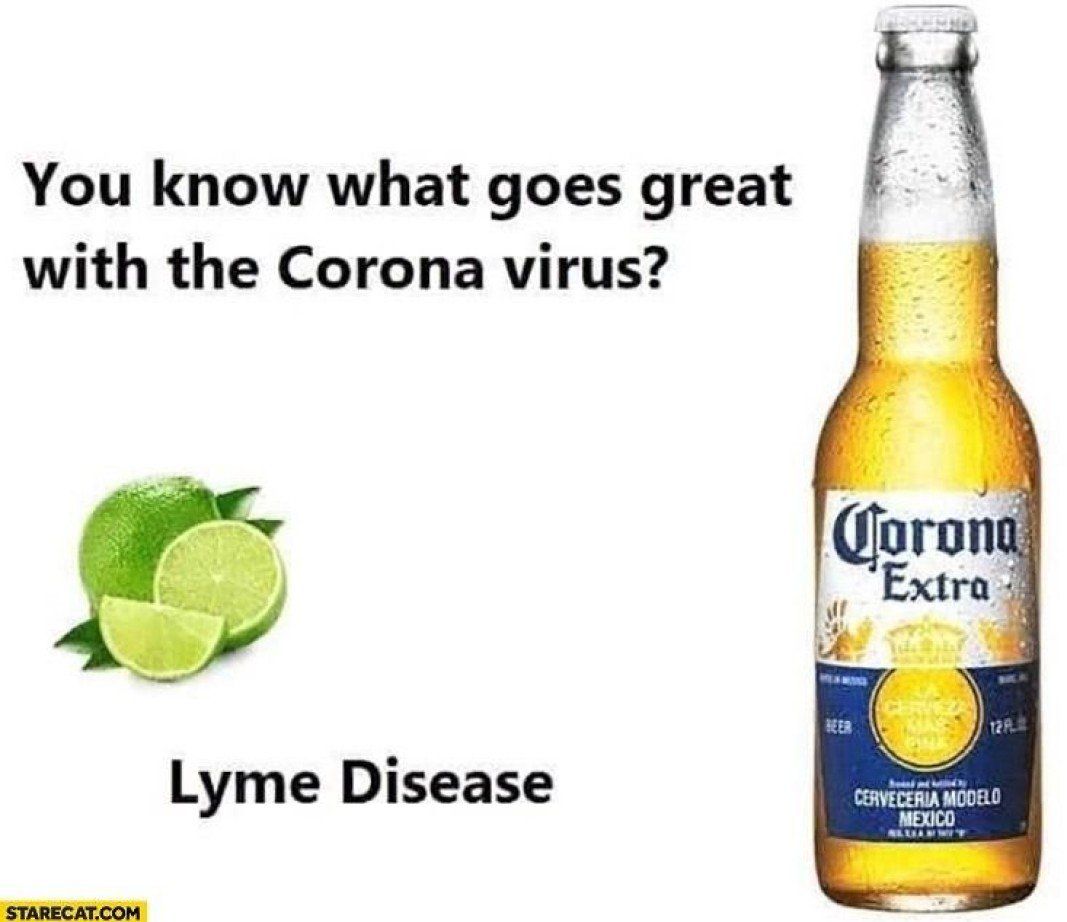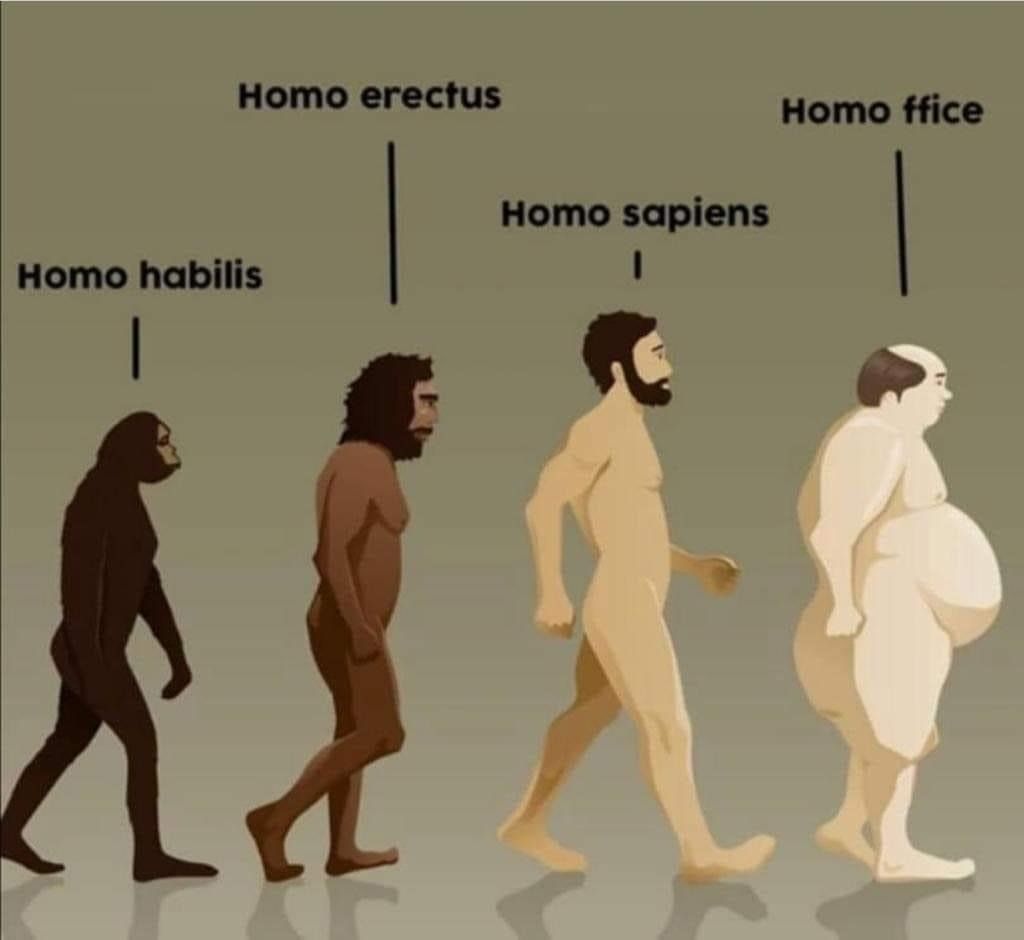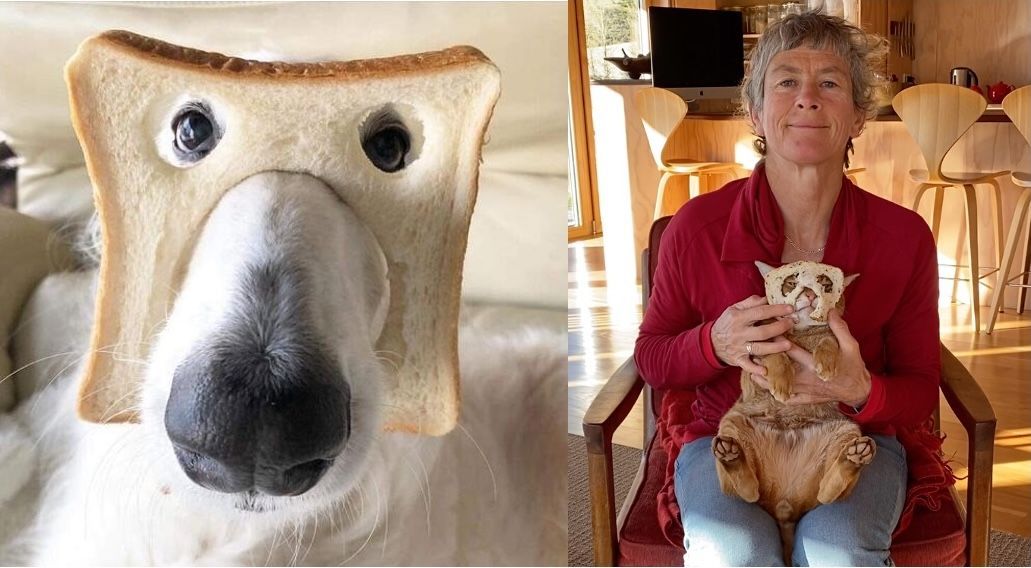Scales of loss

Here's where we are currently hanging out, at Taupo Bay in Northland. And I am worrying about a lost earring
???I lost an earring yesterday. I would hazard a guess that any male reading this statement is completely puzzled as to why I have bothered to write it. More women might understand the degree of annoyance that ensues from losing a favourite earring. I pondered why I can feel so annoyed at such a minor thing. Earrings can carry significant memories of the place where it was bought, or the person who gave it to you. They can carry memories of the times you wore them. They are intrinsically attractive objects that one can simply like observing. Importantly, the remaining earring serves as a reminder that you lost the first one (I tend to get rid of the lone earring quickly to avoid this result). Life might be much easier if I liked wearing earrings that don’t match; unfortunately I have not yet achieved that state.
We live our lives through many losses. If there were scales on which we weighed loss versus gain, it seems to me that the balance is expected to tip towards loss in the latter stages of life and therefore we cope better if life performs in that pattern. The first parts of life have so many opportunities for gain, but those opportunities shrink as physical and mental capabilities plateau and decline, and time to repair and replace post-loss diminishes. This pattern parallels how many youth would like to be older than they are to achieve the gains of increasing age, while the elderly would prefer to be younger to avoid the losses! My grandmother prevaricated about her age throughout her life, to the point that Mum wasn’t sure of Granny’s age until she died and her birth date was required for the death certificate! Granny purported to be up to 5 years younger than her actual age in middle age. However, later on she became so proud of her advancing years that she claimed to be up to 5 years older than her actual age by the time she died.
Coping with loss is an essential component of living a successful life; different people have quite different coping strategies and capabilities and degrees of loss that they can withstand. The resilience of some to great loss and trauma is quite striking; as a child I was amazed by Mum’s students who were Vietnamese boat people. They suffered hugely both in Vietnam and in their escapes, but visibly and verbally enjoyed their life in New Zealand, maintaining a sense of gratitude and pleasure in their new existence. Every day one can meet people whose full and successful lives conceal great trauma, loss of a young child, death of a partner, major loss of mental capability through accident. One can also meet many people who claim the need to use alcohol and other drugs to mitigate what would appear to be the normal stresses being alive at this time in history. One would have to say that this time in history has an awful lot of advantages compared to any other, for those of us in privileged countries such as New Zealand. However, pereceptions of scale of loss and scale of challenge are as relative to situation as they are to the actual loss.
In New Zealand, once the early fear of large scale death from COVID-19 subsided, the large impact of the virus is in the wide range of losses inflicted by its emergence in our country and across the world. Twenty two people died in New Zealand. People lost considerable freedom during the lockdowns. We still don’t have the freedom to travel overseas and likely won’t for a reasonable period of time. People are losing jobs, as companies without transactions fold. Many further losses will ensue as a result of those losing income through unemployment and business closures, as the income earners and businesses reduce their number and scale of transactions across the New Zealand economy.
Even greater loss may accrue in the future, for the generations potentially burdened by repaying the debts our country is currently incurring in its efforts to support people in their losses. There is considerable concern that today’s economic losses are being deferred to be suffered in by younger generations, protecting the baby boomers who already have profited massively through their creation of environmental debts for which we have yet to pay.
People experiencing loss often seek someone else to blame for that loss; it is so much easier to cope with loss when fault can be found, and that fault is not our own. An explanation for fault finding is that we want the world to be ordered. We want our loss to be understandable and future potential losses to be preventable. That a loss is the result of chance is not comforting. Thus conspiracy theorists and their disciples cluster around beliefs of deliberate release of COVID-19 by the Chinese government, or its spread through Chinese scientists accidentally releasing the virus, or the virus developing in the cultural phenomenon of wet markets. If we blame these people or practices, the appearance of control can be restored. To fearful minds seeking order, such beliefs are so much more satisfying than accidental mutation in a population.
In New Zealand (and other countries), the government is blamed for the many losses that we have suffered, and will continue to experience. A particular set of scales is put into use, to demonstrate that our gains are not balanced by our losses, therefore our government has failed. The government hasn’t been perfect, like all governments in history, but whether it is worthy of great blame is not so clear to me. Through the actions that our government took we have gained internal freedom to travel, transact business and enjoy normal lives in 101 days since the first case of COVID-19 in the country; Tuesday 10th June being the first day of Alert Level 1. That’s quite a gain, and one can list more countries who are not in that position, than countries who are – New Zealand is in an exclusive club of 12 countries (as far as I can tell) in the world with no active COVID-19 cases.
- Fiji – April 20, 18 cases, 0 deaths
- Laos – late April, 19 cases, 0 deaths
- Papua New Guinea – May 4, 8 cases, 0 deaths
- Seychelles – May, 11 cases, 0 deaths
- East Timor – May 15, 24 cases, 0 deaths
- St Kitts & Nevis – May 19, 15 cases, 0 deaths
- Eritrea – May 15, 39 cases, 0 deaths
- Montenegro – May 24, 324 cases, 9 deaths
- Aruba – 29 May, 98 cases, 3 deaths
- Holy See – June 6, 12 cases, 0 deaths
- Trinidad & Tobago – June, 109 cases, 8 deaths
- New Zealand – June 9, 1504 cases, 22 deaths
Many New Zealanders enjoyed the time of lockdown, reconnecting with family in person or electronically, reconnecting with their homes and gardens, and valuing the time when they got to remember that life is not all about rushing from one experience to another. We have been granted a breathing space to consider the burden of tourism, and how we might balance the benefits of exchange with other peoples, with maintaining and growing our own communities. Another interesting effect has been that many people have taken the opportunity to look at their careers and consider change; hitting the pause button frees minds to take new directions.
Without a doubt many have, and will continue, to experience financial loss as a result of COVID-19, and many blame that loss on the past, current and proposed actions of the government. Again, I do not see clarity that a different set of New Zealand government actions would have resulted in reduced losses, given the economic downturns in every country in the world. None of the international experiments have demonstrated a method of virus suppression that avoids reductions in transactions in the economy. In fact, no primary method of virus suppression has been found, other than reduction in human interactions to reduce virus transmission (vaccines are the hoped for future means, but currently a vaccine can only be developed once a problem virus transpires). Many transactions in the economy require human interactions to take place, therefore the logical conclusion is that virus suppression must equate to reduction in transactions, and thus economic downturn. Our only other option is to make the majority of transactions virtual, but it is clear from the reaction to lockdowns that people want to interact with others as part of normal society, so virtual living is not a sustainable option.
Whether there were finer levers that our Government could have applied in reducing human interactions, but which would have achieved the same result of virus elimination, will remain an unproven supposition until we can practice through another virus suppression event. The Swedish experiment raises interesting prospects about whether a lesser state of lockdown can be used, but with much greater protections established around vulnerable populations. However, I would hazard a guess that there is little national or international enthusiasm to move too swiftly into our next pandemic experiment!








